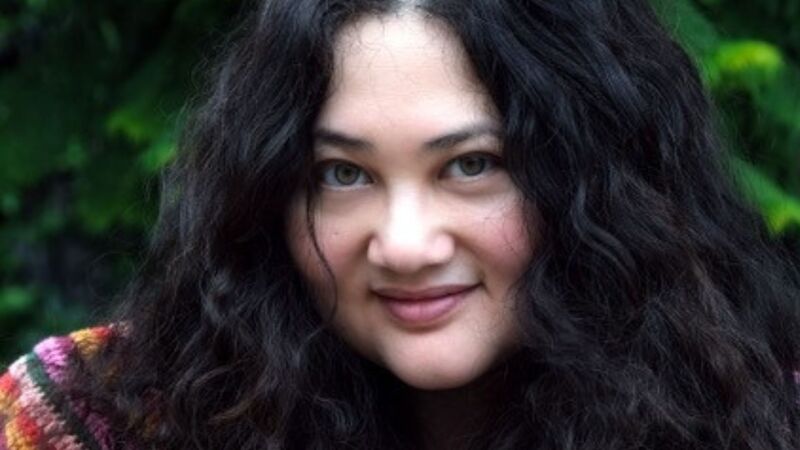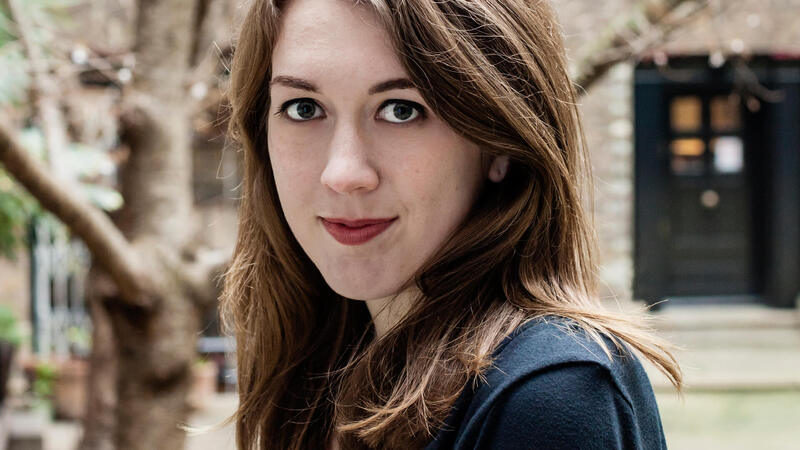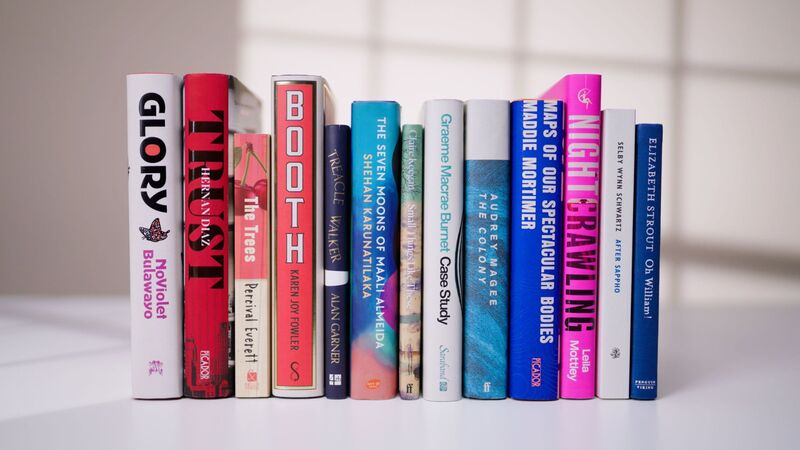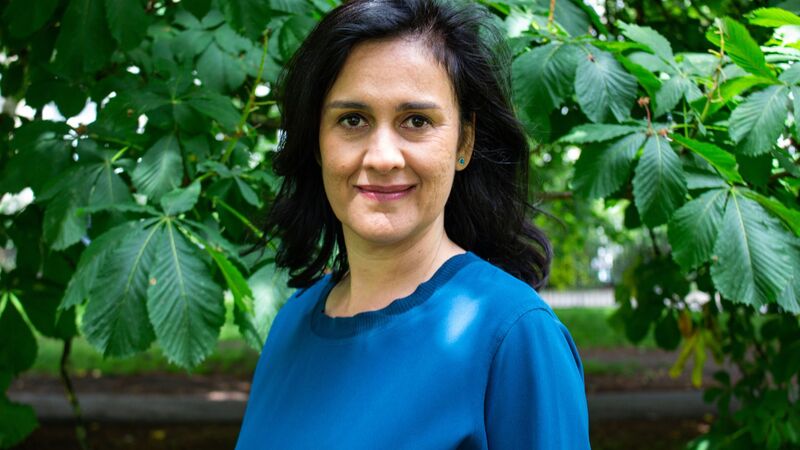You are viewing your 1 free article this month. Login to read more articles.
Jesmyn Ward | 'I want to tell the truth about this place'
In 2017, Jesmyn Ward became the first woman to win the National Book Award for Fiction twice, with lyrical family epic Sing, Unburied, Sing (Bloomsbury Circus).
Set in contempory Mississippi and dealing with issues of poverty, race and power, this emotional tour-de-force was described by the Guardian as a "fierce critique of US history", and was cited by Barack Obama as one of his favourite books of 2017.
We caught up with Ward, following a longlisting for the 2018 Women's Prize, to discuss her inspirations, writing process and plans for the future.
What inspired Sing, Unburied, Sing?
The framework, a road trip, was in part inspired by William Faulkner’s As I Lay Dying. The stories are inspired by my community and my family.
What are the major themes you were keen to explore?
I knew I wanted to write about Mississippi's past and its impact on the present. I also knew I wanted to write about a mixed race boy coming of age in the New South. On the first page of the novel, we learn he’s celebrating his 13th birthday. I wondered what it would be like for this boy as he became a man. I wondered how he would confront the history of the south: slavery, Jim Crow. For Jojo, who embodies black and white, it would all be so personal.
Can you tell us a bit more about Jojo? What inspired his character?
Jojo was the first character to come to me—years ago. I tried writing his story on several occasions, but it took a while to find the path forward. Jojo is one of three teenage boys in the book. My first novel, Where the Line Bleeds, was about twin teenage boys. Salvage the Bones, my second novel, was about a family of three boys—two teenagers—and a teenage girl. Teenagers are clearly an entry point for me.
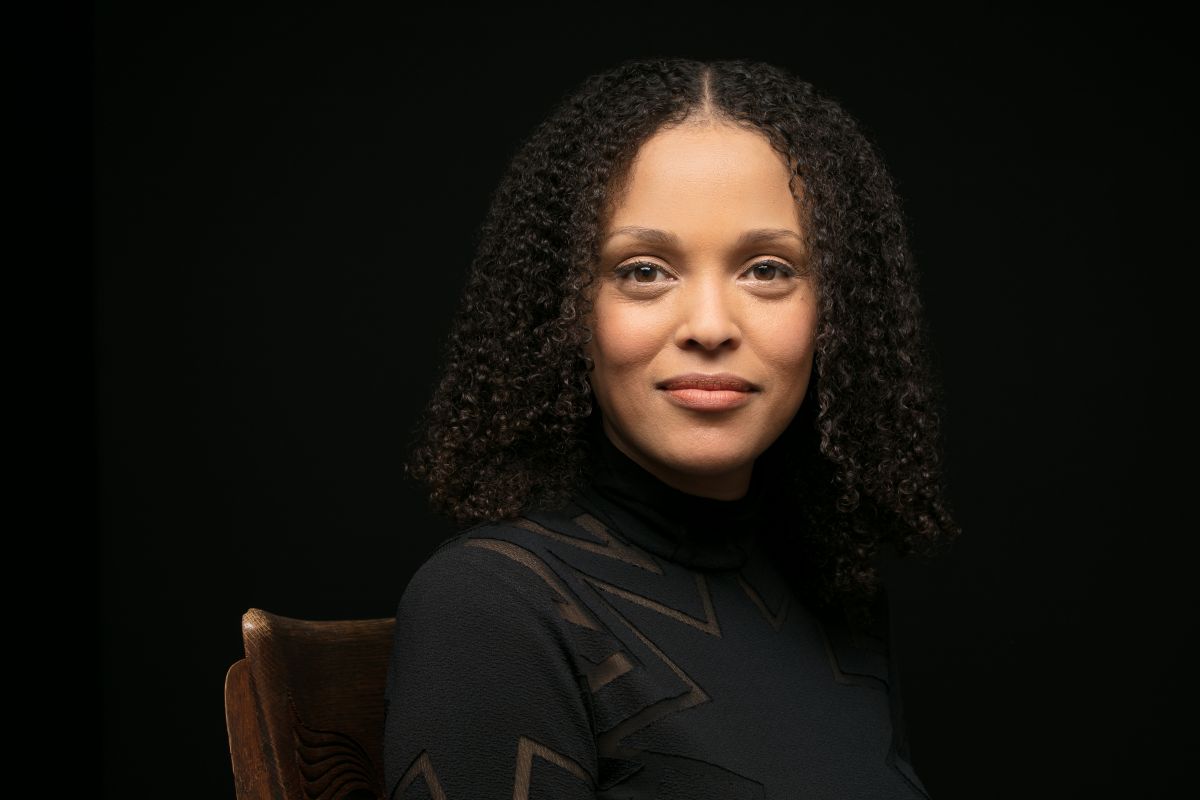
How was it grappling with such dark subject matter?
Unfortunately, the dark subject matter reflects some of the reality of my experience or my family members’ experiences, so it is familiar and heartbreaking on a daily basis. With the writing, I’m trying to give my characters dignity, and to give readers an understanding of what these kinds of experiences might be like. I somewhat doubt I’ll ever write an out-and-out happy book, but I do find moments of joy in the work: Jojo and Pop’s relationship; Kayla and Jojo’s relationship; Mam’s love for her family and the natural and spiritual worlds. I look for these small moments of beauty for my characters and myself.
The history/setting of Mississippi is very important to the title. How much of the story, and Boise Sauvage, is influenced by your own experience of growing up there?
My fiction isn’t autobiographical, per say, but I write what’s around me. The setting—the bayous, the pines; the poor black characters; some of the particulars of their experiences…these are inspired by rural Mississippi. I want to tell the truth about this place.
Who or what are your other main influences?
There are so many writers—past and present—who inspire me. Some of the most important, Faulkner, as I already mentioned, Toni Morrison, Octavia Butler, Eudora Welty, Richard Wright. I also read across genre: young adult, romance, science fiction. I learn something from every book I read.
How much research did you do prior to writing the novel, particularly around the history of Parchman Farm?
This was the first novel for which I had to do research, and I really enjoyed it, despite the difficult subject matter. In this instance, I had a great source, Worse than Slavery: Parchman Farm and the Ordeal of Jim Crow Justice, by David Oshinsky, a book I highly recommend. I’ve been researching my next book as well, which will leave contemporary Boise Sauvage and move to New Orleans during the height of the domestic slave trade
There’s a supernatural element to the story, with the characters encountering multiple ghosts. Have you always had an interest in the magical-realism genre?
I do read widely, including fantasy, so I suppose I’ve always been interested in it. The ghosts seemed like the best way to bring the past into the present. I enjoyed writing the ghost, Richie, so much, I hope to do more in this area. In fact, I’ve just committed to writing a middle grade fantasy novel… So I’ll get deeper into that world in the not-so-distant future.
What impact are you hoping the title will have on its readers?
For those readers who haven’t had similar experience, I hope Sing, Unburied, Sing will demonstrate our shared humanity.

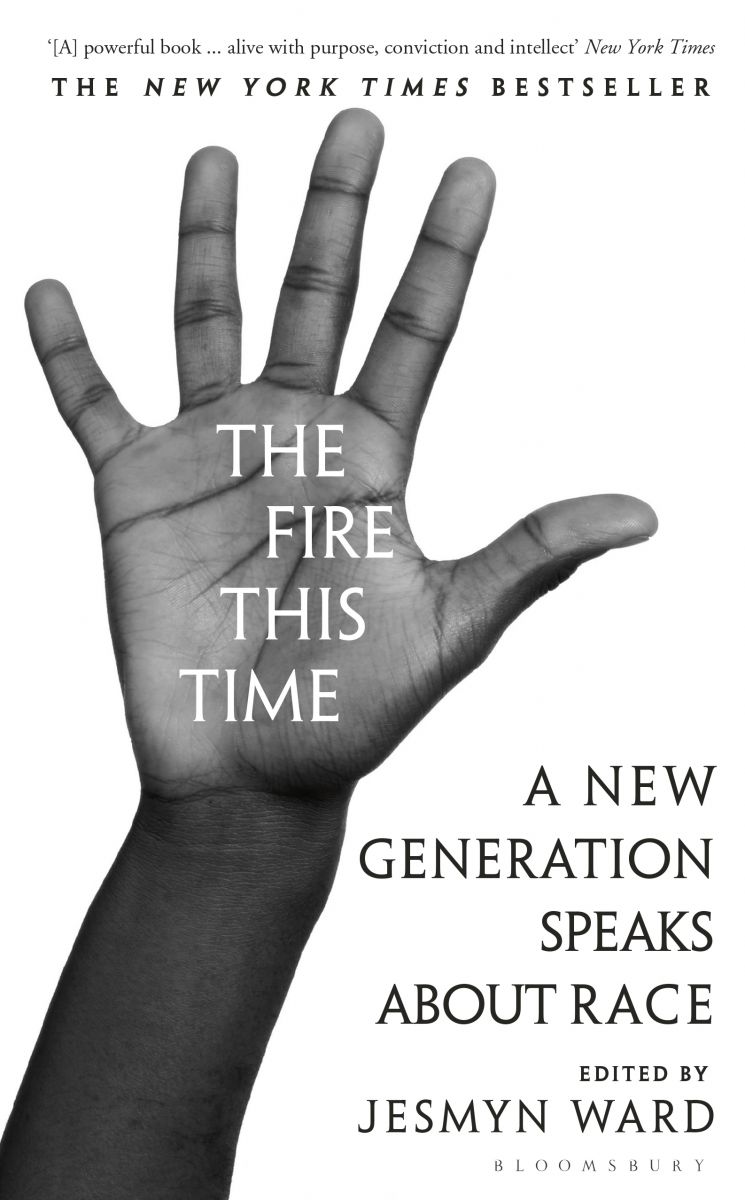
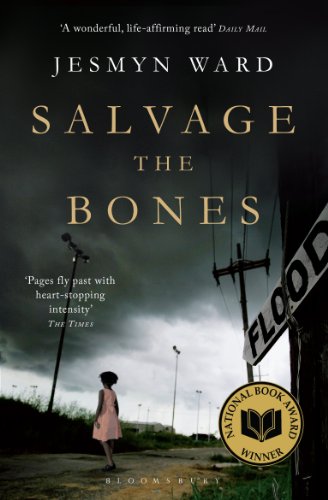
Do you think the title is particularly relevant in the current social and political climate?
Unfortunately, yes.
How did it feel to win the National Book Award for the second time?
I didn’t imagine I’d win again. I didn’t imagine I’d win the first time. I was an unknown the first time, and more established the second time. All told, of course, It was a magical evening—I had my mother with me—and I enjoyed it.
Do you see this novel as a progression of your previous work or something completely independent? Has your writing process changed at all?
This novel introduced a fantasy element with the ghosts, and it has some historical setting, so in this way it's different, but one could look at my three novels as a loose trilogy. The characters are different, but they are all set in the same town and relate to the experience of growing up black and poor in rural Mississippi.
Are you working on anything new at the moment?
I’m in the research phase of the novel I mentioned. I haven’t started writing yet, but ideas are forming and I’m learning so much about the period and place—pre-Civil War, New Orleans. I’m sure I will turn to the writing soon. I’m also going to write a middle grade novel, so I’m reading a lot of middle grade and YA books. I may move between both. The slavery novel will be hard emotionally, and I’m thinking maybe a Southern black girl with some fantastical powers will help lighten the mood.
Finally, what was your favourite book of 2017?
I have two small children and didn’t read as many books published in 2017 as I’d like, but in my research for my next book, I read The Half Has Never Been Told: Slavery and the Making of American Capitalism by Edward E. Baptist. I was an English major, and there’s so much I don’t know about American History. This book changed my worldview.











